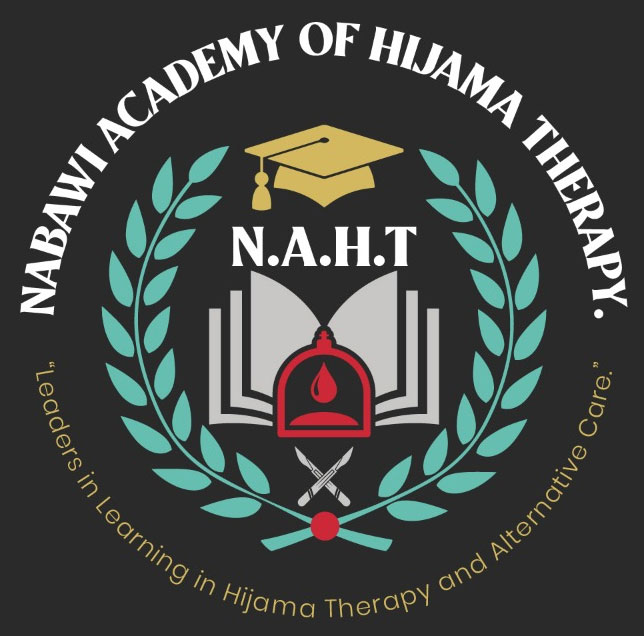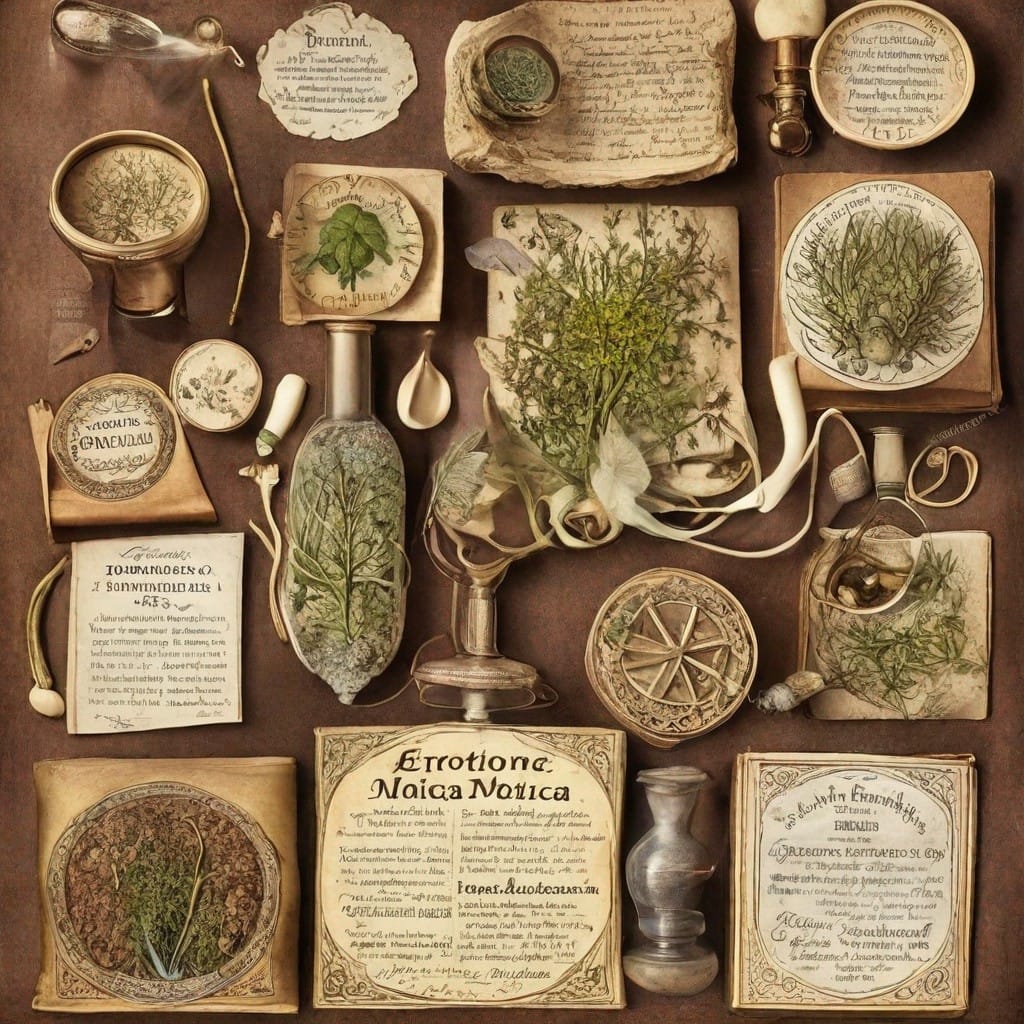Course Objectives:
1. To develop a fundamental understanding of Aromatherapy and its role in overall health and well-being.
2. To provide knowledge and skills for assessing and addressing Aromatherapy in clinical settings.
3. To promote critical thinking and problem-solving in Aromatherapy practise scenarios.
Course Content:
Module-1:
Introduction to Aromatherapy.
- Definition and History of Aromatherapy.
- Understanding Essential Oils: Sources and Extraction Methods.
- Overview of Aromatherapy Practices.
- The Role of Aromatherapy in Holistic Health and Wellness.
- Ethical Considerations in Aromatherapy.
Module-2: Essential Oils: Properties and Uses.
- Classification of Essential Oils.
- Top, Middle, and Base Notes.
- Therapeutic Properties of Essential Oils.
- Antimicrobial, Anti-inflammatory, Sedative, and Energizing Oils.
- Safe Handling and Storage of Essential Oils.
- Methods of Application: Inhalation, Topical Application, and Diffusion.
- Commonly Used Essential Oils and Their Benefits.
Module-3: The Science of Aromatherapy.
- The Chemistry of Essential Oils.
- How Essential Oils Interact with the Body.
- Olfactory System and Limbic System.
- Absorption through the Skin.
- Understanding the Therapeutic Effects of Aromatherapy.
- Current Research and Scientific Studies on Aromatherapy.
Module-4: Safety and Precautions in Aromatherapy.
- Understanding Contraindications and Adverse Reactions.
- Essential Oils and Sensitivity: Skin Reactions and Allergies.
- Safe Dilution Practices for Different Age Groups.
- Guidelines for Safe Use with Children, Pregnant Women, and the Elderly.
- Toxicity of Essential Oils: Recognizing and Preventing Overuse.
Module-5: Blending Techniques and Aromatherapy Formulations.
- Principles of Blending Essential Oils.
- Creating Synergistic Blends.
- Techniques for Customizing Aromatherapy Products.
- Lotions, Balms, and Sprays.
- Aromatherapy for Specific Conditions (e.g., stress, insomnia, headaches).
- Record Keeping and Documentation of Blends.
Module 6: Aromatherapy for Physical Well-being.
- Aromatherapy for Pain Management.
- Muscle Aches, Joint Pain, and Headaches.
- Immune System Support through Aromatherapy.
- Essential Oils for Skin Care.
- Acne, Eczema, and Aging Skin.
- Digestive Health and Aromatherapy.
- Aromatherapy in First Aid: Cuts, Burns, and Insect Bites.
Module-7: Aromatherapy for Emotional and Mental Health.
- Understanding the Emotional and Psychological Effects of Aromatherapy.
- Essential Oils for Stress Relief and Relaxation.
- Aromatherapy for Anxiety, Depression, and Mood Enhancement.
- Techniques for Emotional Balancing: Meditation and Visualization.
- The Role of Aromatherapy in Sleep Disorders.
Module-8: Aromatherapy in Daily Life.
- Integrating Aromatherapy into Personal Care Routines.
- Bathing, Skincare, and Haircare.
- Creating a Healing Environment with Aromatherapy.
- Home and Workspace Applications.
- Aromatherapy in Cooking and Food Preservation.
- Aromatherapy for Pets: Safety and Applications.
Module-9: Professional Aromatherapy Practices.
- Setting Up an Aromatherapy Practice.
- Legal and Ethical Considerations for Aromatherapists.
- Client Consultation and Assessment Techniques.
- Developing Treatment Plans and Follow-up Care.
- Marketing and Growing an Aromatherapy Business.
Module-10: Advanced Aromatherapy and Special Topics.
- Aromatherapy for Specific Populations (e.g., elderly, terminally ill).
- Integrating Aromatherapy with Other Complementary Therapies.
- Exploring Rare and Exotic Essential Oils.
- Case Studies in Aromatherapy.
Assessment Methods:
- Aromatherapy for Specific Populations (e.g., elderly, terminally ill).
- Integrating Aromatherapy with Other Complementary Therapies.
- Exploring Rare and Exotic Essential Oils.
- Case Studies in Aromatherapy.Grading:
- A: 90-100.
- B: 80-89.
- C: 70-79.
- D: 60-69.
- F: Below 60.
Prerequisites:
- School/college qualifications or equivalent.
- Basic knowledge of biology and chemistry.
Course Materials:
- Textbooks, research articles, and online resources.
- Access to nutrition analysis software and tools.
- Recommended reading list.
Note: The syllabus is subject to change, and course materials maybe updated as needed to reflect the latest research and developments in the field of Aromatherapy. Students are expected to actively participate, ask questions, and engage in practical learning during their internship.






Reviews
There are no reviews yet.